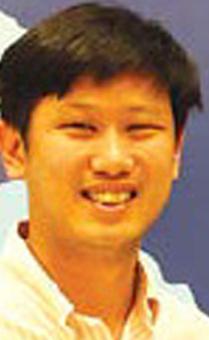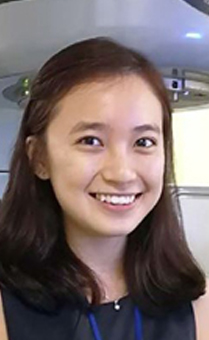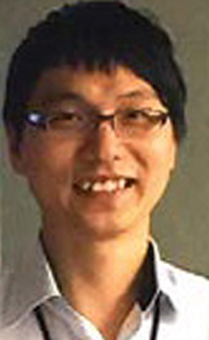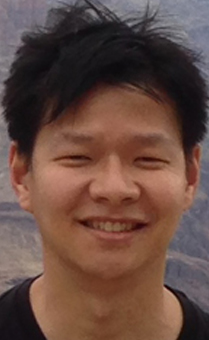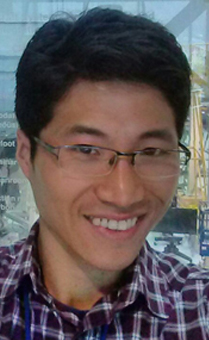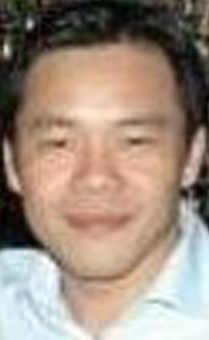Why Study Physics?
At the start of modern science, physics addressed the problems of mechanics and motion. More than four centuries have passed, but if you work in robotics, satellites, rockets, GPS positioning… you will still use the same equations and notions. Then came the industrial revolution with the steam engine, and the need to understand the behaviour of gases and the concept of heat. Physics developed thermodynamics, and nowadays you find it everywhere, from the inner working of living cells to the cooling of the huge machines in data centres.
In the nineteenth century, physics tackled electromagnetism, which is still very much with us; and it’s fun to recall that the word “wireless” was first used for the radio. Then it appeared that physics had done its job — instead, the twentieth century witnessed an amazing expansion of its scope and predictions. The universe was recognised in its immensity and as a dynamical, rather than static, reality. The correct description of physics at the atomic level, through quantum theory, had even farther reaching consequences here on earth. You wouldn’t be able to use semiconductors or to think of magnetic memories without it. As for the wealth of subatomic particles discovered in accelerators, maybe you don’t find them in your everyday life, but the internet was invented in that context.
In the 21st century, physicists have to master programming and process large amount of data, like everyone else today — but we took the ideas of computing and communication to a completely new level thanks to our knowledge of quantum physics. At the other end, the discovery of exoplanets and the detection of gravitational waves are opening new windows on the universe. And a lot of new questions are being addressed at all sizes, from the very small to the very large.
Do you see the pattern? Physics is about solving interesting problems with the best available tools — or, more often than not, developing new tools. It’s about contributing both to knowledge and to technology. There is just one warning: problems at the forefront are complex and challenging. If your goal is to learn and repeat, there are other options: here, we explore.
For more information and queries on our programmes, please contact: A/Prof Wang Qinghai, Deputy Head (phyqhwang@nus.edu.sg) or Ms Sng Wee Lee (physngwl@nus.edu.sg)
Testimonials from our graduates
